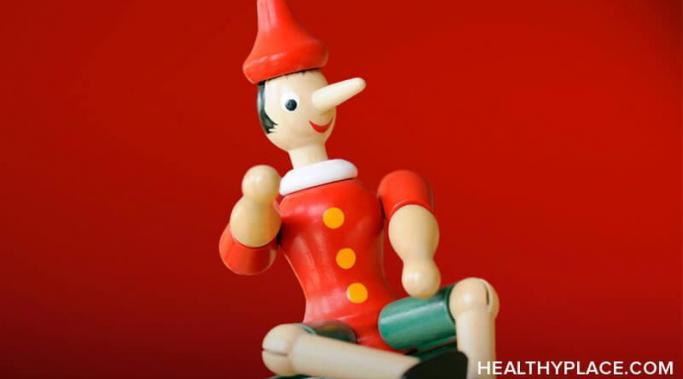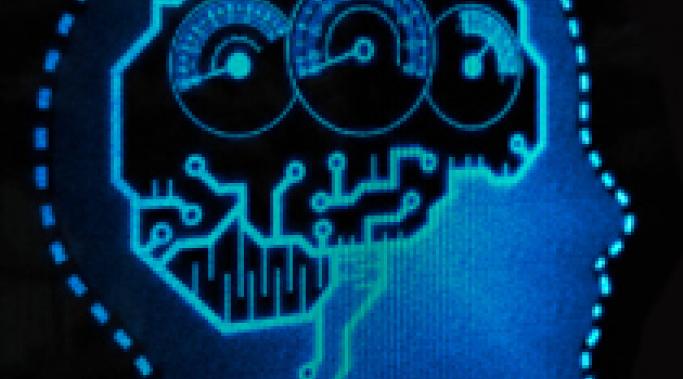Blogs
The life of an athlete is not necessarily as fun and easy as many fans believe it to be. Not only do professional sports take a physical toll on an athlete’s body, but a mental toll as well. Many people do not understand the enormous amount of stress that goes along with being a truly great athlete.
Mindfulness is an amazing tool for all types of anxiety. Except when it isn't. Wait. What? Mindfulness is touted, rightly so, for its ability to lower blood pressure, reduce the amount of stress hormones in the blood, relax tense muscles, quiet racing thoughts, and soothe roiling emotions. Experts from all disciplines, from the sciences to the spiritual, offer solid evidence of the ability of mindfulness to decrease anxiety. Yet there are times when it does more harm than good. What do we do then?
The source of much of our discomfort lies in what we find unacceptable. I’m heartbroken because I don’t want to accept that person I loved is gone forever. I’m anxious because I don’t want to accept that I might actually be safe, that no one is trying to purposely hurt me. I’m sad because I have difficulty accepting that there are actually good and lovely things in this world, as well as the bad things. I don’t want to accept that I need to be on this medication now, and maybe for life. All these things, and many more, I find unacceptable.
Six months ago I was in the intensive care unit (ICU) with sepsis. When I came out, my brain was significantly impaired. I couldn’t read, write or speak fluently. I’m in my 40s and suddenly everything I depended on about myself in terms of being able to communicate both personally and professionally had become enormously dysfunctional. I worried I’d never be the same.
When the neurologist and my physician visited my hospital room, I expressed how frightened I was that my brain was going to be changed forever. Immediately, the physician put my fears to rest.
“Don’t worry, you’re going to be fine,” he said. “If you were younger – if you were a child – we’d have more to be concerned about. The brain continues its original development up to the age of twenty-five. If this trauma to your brain had happened during that timeframe we wouldn’t be able to guarantee anything. But you’re old enough so that your neural networks have fully developed. All of your regular neural functions should come back within six months.”
He was right. Slowly, all of my reading, writing and speaking skills have returned. But what happens to people traumatized at a younger age? New research about childhood bullying further proves that the impact of what happens during those crucial years of brain development can last well into adulthood.
I’ve been having the most frightening nightmares recently. These dreams could be due to my recent obsession with the new television show, Salem. However, some of these nightmares have been bringing me back to my years of cutting.
One thing is for sure: nightmares filled with negative flashbacks are not good for the struggling and recovering self-harmer.
Many people who suffer from anxiety and panic disorder, me included, have trouble explaining to others why we are having anxiety. Folks understand the traditional “butterfly in the stomach” analogy as to what anxiety feels like and can relate to feeling anxious about visiting the dentist.
However, the part the really confuses people is how one can be anxious about something when the “something” doesn’t appear to exist.
Last week I was in Los Angeles accepting a fairly prestigious award called the Beatrice Stern Media award. It’s an Erasing the Stigma Leadership award given out by Didi Hirsch – a large mental health charity in LA. And while I was (and am) extremely honoured to be accepting such an award, I felt serious pressure when it came time for the acceptance speech. I just kept thinking about how if I didn’t do it well, they would think they would have made a mistake in giving it to me in the first place. The organization had done all the work of flying me down there and putting me up at the Beverly Hilton all to be disappointed with the results.
And the pressure is hard on my bipolar and my bipolar tends to make the pressure worse.
Addiction can be one of the symptoms of borderline personality disorder. In my case, alcoholism both fuels and is fuelled by my psychiatric conditions. As I've progressed in therapy, I've learned that everything addiction told me is a lie.
Hiya readers. Moving can be a challenge. It can stress you out. It is hard to leave something behind and scary to face a different future. At some point, all of us - parents and children - go through this. For kids, it can be moving on from one grade to another, one classroom to another or even from one subject to another. For parents, it can be moving on from one job to another or from being a parent to parenting a child with mental illness. Transitions are hard, but they happen to all of us.
We all know the joke that "normal" is just a setting on the dryer (it's also a street name here in Indianapolis), but let's face it--we have a normal (for us) mode of operation. Mental health professionals call this "baseline." Some people have high baselines and can pass for someone who does not have a psychiatric diagnosis. Others have a low baseline and wander around in public talking to themselves--I have a few neighbors like that. But we all have a borderline baseline.








